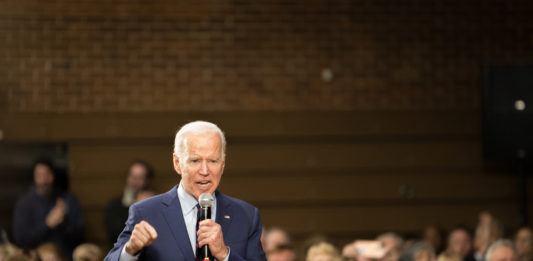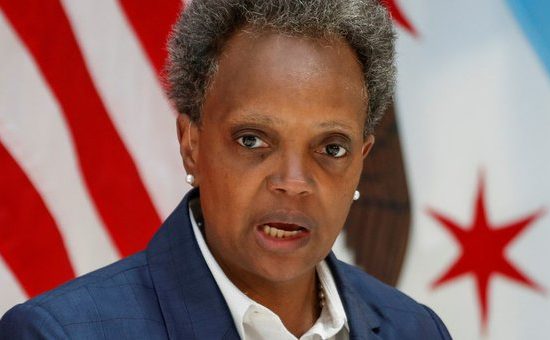The Supreme Court blocked President Biden’s moratorium on evictions in a 6-3 ruling on Thursday.
Why it matters: About 3.5 million Americans in the U.S. claimed they would be evicted within the next two months. This report is from Census Bureau data From mid-August
State of play: The court had previously ruled that the administration could not extend the ban, which was imposed because of the coronavirus epidemic, beyond July 31 without explicit congressional authorization. After protests and a dispute with Democratic lawmakers, however, the Centers for Disease Control and Prevention(CDC) was finally approved. Temporary ban extended through Oct. 3.
- After the Alabama Association of Realtors and other plaintiffs sued Department of Health and Human Services, the case reached the Supreme Court.
- Justices Stephen Breyer, Sonia Sotomayor and Elena Kagan dissented.
What they’re saying: “It would be one thing if Congress had specifically authorized the action that the CDC has taken,” the unsigned Supreme Court opinion read. “But that has not happened.”
- “Instead, the CDC has imposed a nationwide moratorium on evictions in reliance on a decades-old statute that authorizes it to implement measures like fumigation and pest extermination.”
- “It strains credulity to believe that this statute grants the CDC the sweeping authority that it asserts,” the opinion stated.
The big picture: Biden had asked Congress to extend the moratorium ahead of the July 31 deadline.
- House Democrats, however, argued the CDC should extend the moratorium even if it was overruled so states have more time to disperse money to renters and landlords while Congress found another solution.
- The CDC extended the ban on Aug. 3 after Rep. Cori Bush (D-Mo.) and other progressives protested outside the U.S. Capitol.












